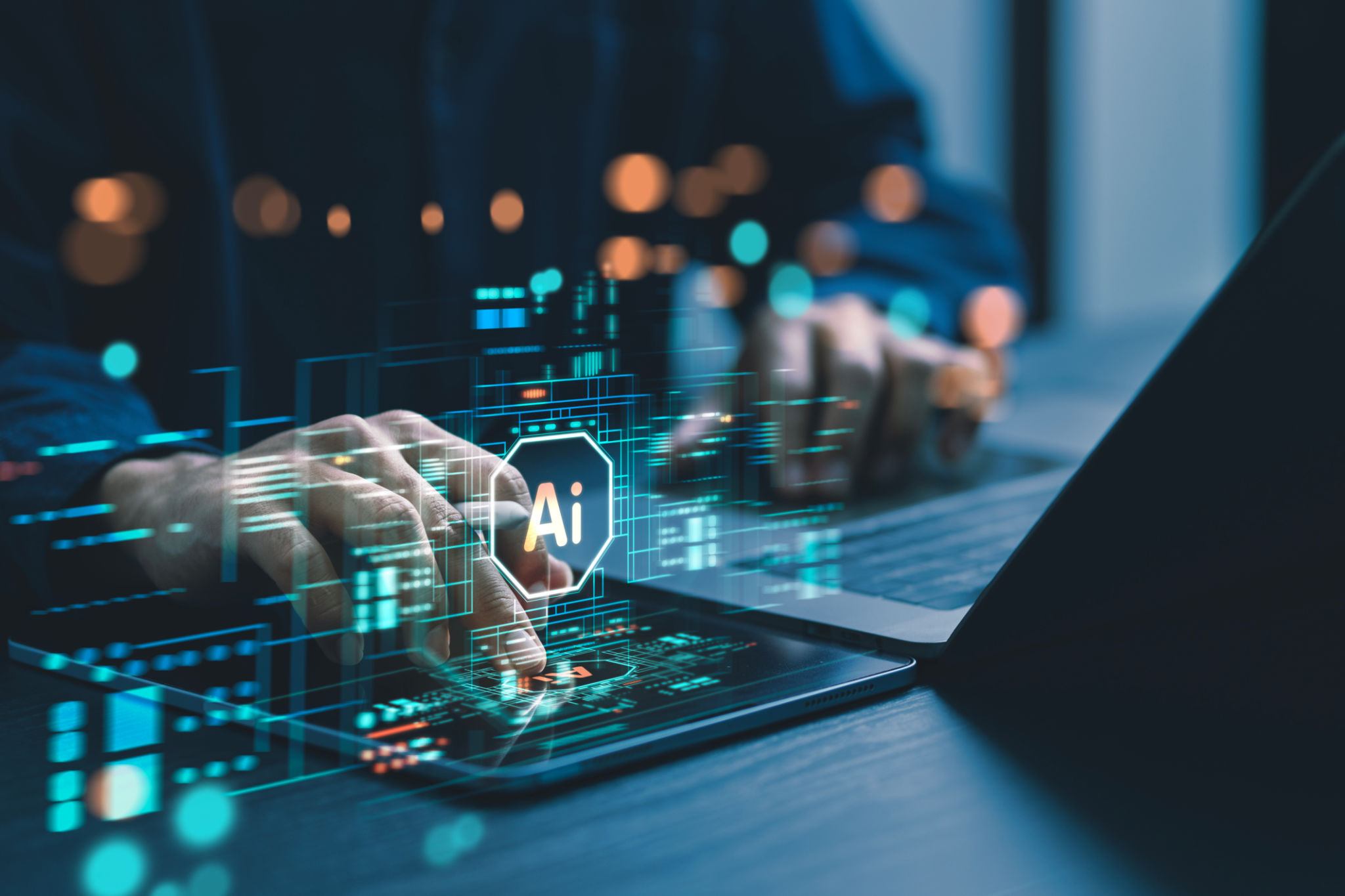Common Misconceptions About AI Tools: Debunking Myths
Understanding AI Tools
Artificial Intelligence (AI) tools have become increasingly prevalent in our daily lives, transforming industries and the way we work. However, with their rise in popularity, a number of misconceptions have also emerged. It's crucial to debunk these myths to better understand the potential and limitations of AI.

Myth 1: AI Can Think and Make Decisions Like Humans
One of the most common misconceptions is that AI can think autonomously and make decisions just like humans. In reality, AI tools are designed to process data and perform tasks based on algorithms and pre-defined rules. While they can handle complex computations and provide insights, they lack the consciousness and emotional intelligence that humans possess.
AI operates within the boundaries set by its programming. It does not possess the ability to think creatively or make judgments based on emotions. Understanding this limitation is essential for setting realistic expectations about what AI can achieve.
Myth 2: AI Will Replace All Human Jobs
The fear that AI will lead to widespread job displacement is another prevalent myth. While it's true that AI can automate certain tasks, it is more likely to change the nature of work rather than eliminate jobs entirely. Many roles will evolve, requiring humans to work alongside AI tools, leveraging their capabilities for enhanced productivity.

Businesses are increasingly adopting AI not to replace employees but to augment their capabilities. For example, AI tools can handle repetitive tasks, allowing humans to focus on strategic decision-making and creative problem-solving.
Myth 3: AI Tools Are Infallible
Another misconception is that AI tools are error-free and provide perfect solutions every time. However, like any technology, AI is not immune to flaws. These tools rely on data for training, and if the data is biased or incomplete, the results can be skewed or inaccurate.
It's important for businesses to continuously monitor and refine their AI systems, ensuring they are transparent and accountable. This involves regular updates, thorough testing, and addressing any biases within the data.

Myth 4: AI Lacks Application in Everyday Life
Some people believe that AI is only applicable in high-tech industries or specialized fields. In truth, AI has permeated various aspects of everyday life, from virtual assistants like Siri and Alexa to recommendation systems on platforms like Netflix and Amazon.
AI enhances user experiences by providing personalized content, improving customer service with chatbots, and optimizing logistics in supply chains. Its versatility makes it a valuable tool across numerous sectors.
The Future of AI
As we move forward, understanding the capabilities and limitations of AI tools will be crucial for their successful integration into our work and personal lives. Dispelling these myths allows us to embrace AI as a powerful ally in innovation and efficiency.
By recognizing the realities of AI, businesses and individuals can make informed decisions on how best to utilize these tools for maximum benefit. The future of AI is not one of replacement but collaboration, where human creativity and machine efficiency combine for extraordinary results.
